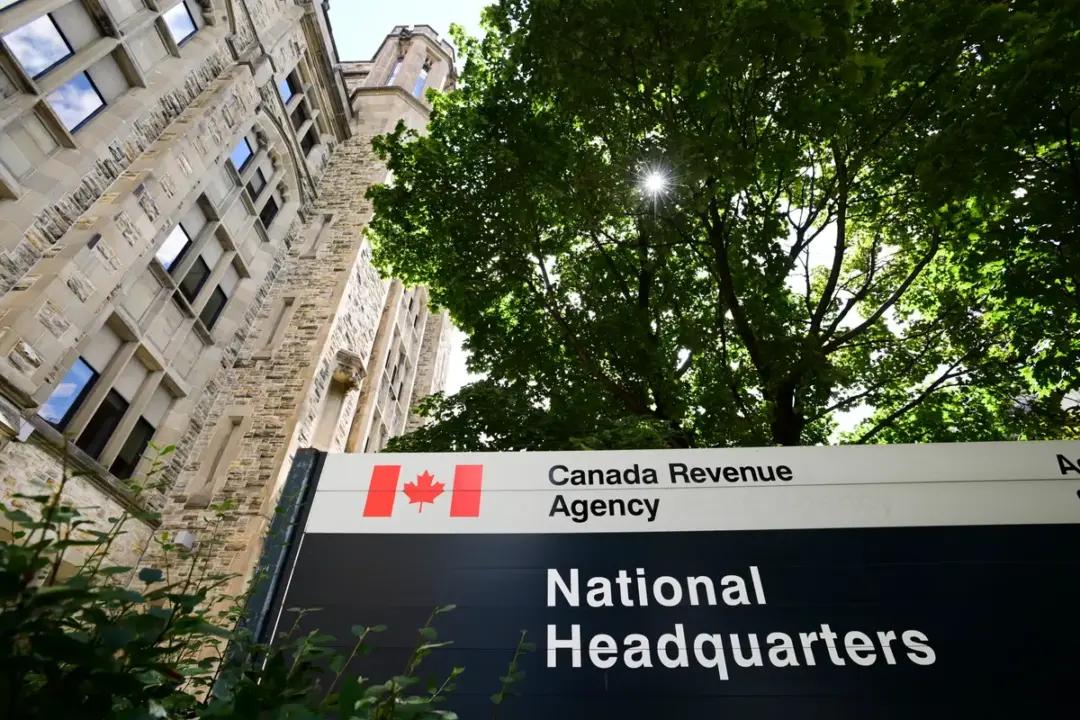Commentary
Following Donald Trump’s musings on absorbing Canada into the United Sates, tariff threats, and actual trade restrictions, Canada’s political class suddenly realized we should adopt policies that make us rich and resilient, not poor and brittle. Um, duh. As with Europeans on security, it’s weird that it takes a U.S. president saying and doing ill-advised things on economics to make us say and do sensible ones. But whatever the cause, let’s see what low-hanging fruit we were leaving to rot until Trump suggested eating pinecones.





